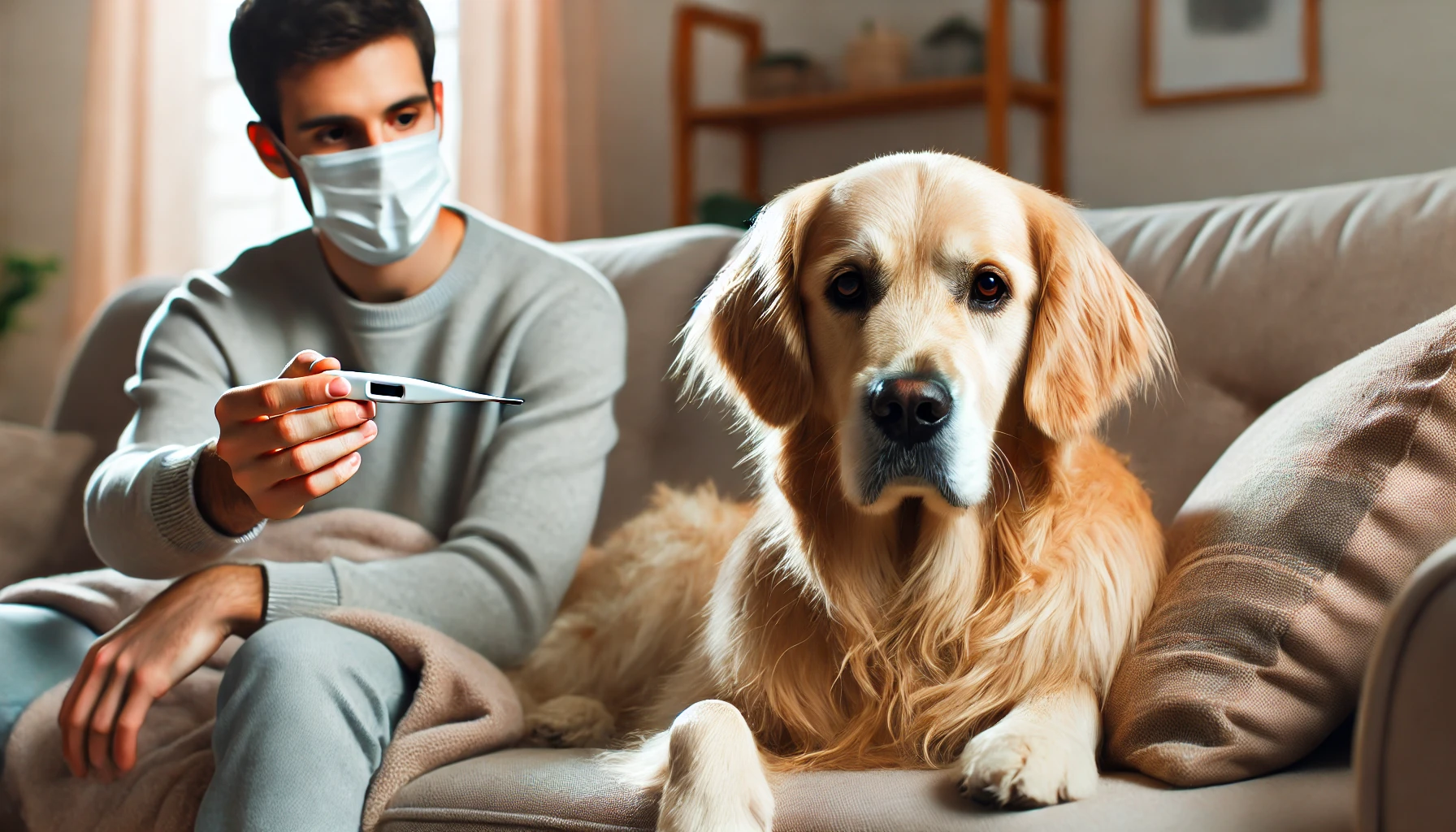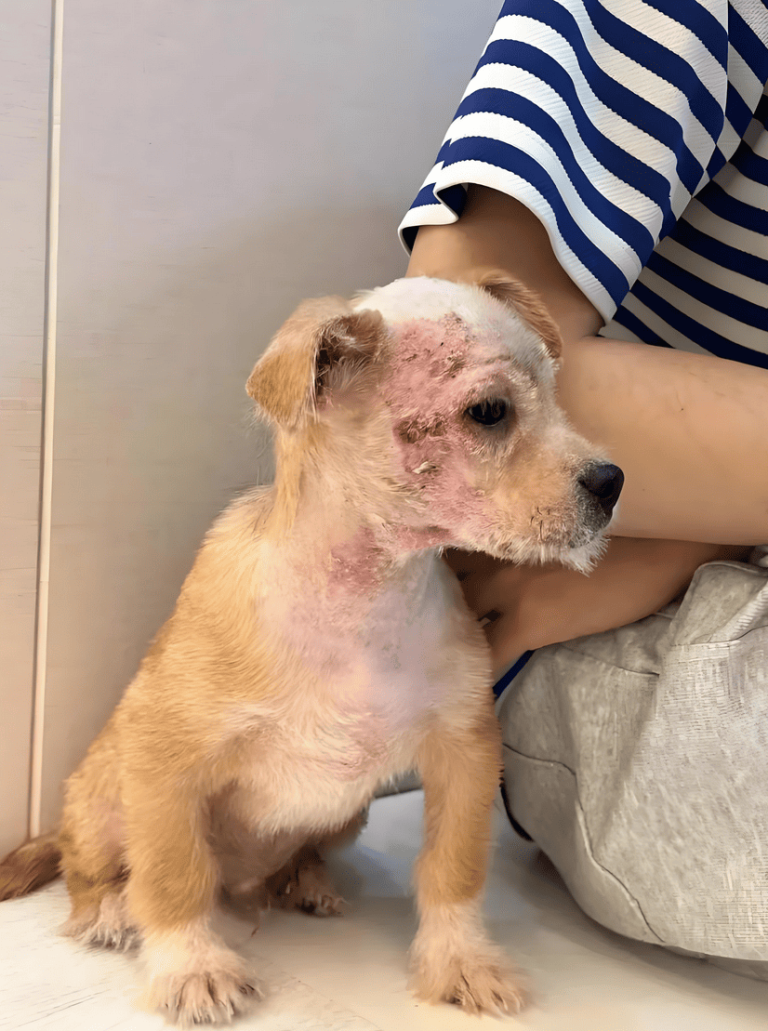Can Dogs Get the Flu from Humans?
Dogs are an integral part of our families, and when flu season hits, many pet owners wonder: Can dogs get the flu from humans? Understanding how illnesses spread between species is crucial for keeping your furry friend safe and healthy. In this article, we’ll explore whether dogs can contract the flu from humans, the symptoms of canine influenza, and how to protect your pet from potential infections.
Can Dogs Catch the Flu from Humans?
The short answer is no—at least, not in the way you might think. Human influenza viruses, such as H1N1, H3N2, and other seasonal flu strains, are highly contagious among people, but they generally do not infect dogs. However, dogs can contract their own version of the flu, known as canine influenza virus (CIV).
Understanding Zoonotic Diseases
Diseases that can be transmitted between animals and humans are called zoonotic diseases. While some illnesses (like rabies) can spread between species, the flu is typically species-specific. This means that the flu viruses affecting humans and dogs are different, making direct transmission unlikely.
That said, some rare cases of cross-species flu transmission have occurred. For example:
-
H1N1 (swine flu) has been detected in dogs, although transmission from humans to dogs is extremely rare.
-
The H3N2 strain of canine influenza, originally from birds, has spread to dogs and, in rare cases, to cats.
Although human flu viruses don’t usually infect dogs, canine flu is highly contagious among dogs. If your dog comes into contact with an infected dog at a park, boarding facility, or grooming salon, they may be at risk.
What Is Canine Influenza?
Canine influenza is caused by two main strains:
-
H3N8 Canine Influenza Virus – First detected in racing greyhounds in 2004, this strain is believed to have originated from equine (horse) flu.
-
H3N2 Canine Influenza Virus – This strain originated in birds and was first reported in the U.S. in 2015.
Both strains spread easily among dogs, especially in high-traffic areas like dog parks, shelters, and kennels.
How Do Dogs Get the Flu?
Dogs can contract canine influenza through:
-
Direct contact with infected dogs (licking, sniffing, playing).
-
Exposure to contaminated objects (food bowls, leashes, bedding).
-
Respiratory droplets (coughing, sneezing).
Canine flu does not typically spread to humans, but it is very contagious among dogs.
Symptoms of Canine Influenza
If your dog has been exposed to canine influenza, symptoms may appear within 2–4 days. The signs can range from mild to severe and may include:
-
Persistent cough (similar to kennel cough)
-
Runny nose and sneezing
-
Fever (often between 103–105°F)
-
Lethargy and decreased activity
-
Loss of appetite
-
Watery or goopy eyes
In severe cases, canine flu can lead to pneumonia, which can be life-threatening—especially in puppies, senior dogs, and dogs with weakened immune systems.
How to Protect Your Dog from the Flu
Since canine influenza is highly contagious, prevention is key. Here’s what you can do to keep your dog safe:
1. Limit Contact with Infected Dogs
If there’s a reported outbreak of canine flu in your area, avoid dog parks, kennels, and pet daycare centers until the outbreak subsides.
2. Practice Good Hygiene
Wash your hands after handling other dogs and disinfect leashes, bowls, and bedding to prevent the spread of germs.
3. Get Your Dog Vaccinated
A canine influenza vaccine is available for both H3N8 and H3N2 strains. If your dog frequently interacts with other dogs, talk to your vet about whether vaccination is right for them.
4. Keep Your Dog’s Immune System Strong
A healthy diet, regular exercise, and proper hydration can help boost your dog’s immune system, making them more resilient to infections.
5. Isolate Sick Dogs
If your dog shows signs of respiratory illness, keep them away from other pets and contact your veterinarian for guidance.

What to Do If Your Dog Has Flu-Like Symptoms
If your dog starts showing symptoms of canine influenza, here’s what you should do:
-
Call your vet – They may recommend testing to confirm if your dog has canine flu.
-
Isolate your dog – Keep them away from other pets to prevent spreading the virus.
-
Provide supportive care – Ensure your dog stays hydrated and comfortable. In some cases, your vet may prescribe antibiotics to treat secondary bacterial infections.
-
Monitor for complications – If your dog has difficulty breathing or stops eating, seek emergency veterinary care.
Most dogs recover from canine flu within 2–3 weeks, but puppies, senior dogs, and immunocompromised dogs may take longer to heal.
Final Thoughts: Can Dogs Get the Flu from Humans?
While dogs generally do not catch the flu from humans, they can contract their own version of the flu—canine influenza. Although rare, some strains of human flu (like H1N1) have been found in dogs, but this is not a common occurrence.
To protect your dog, avoid high-risk environments during flu outbreaks, practice good hygiene, and consider vaccination if your dog is frequently exposed to other dogs. If your pup starts showing signs of illness, consult your veterinarian as soon as possible.
By taking the right precautions, you can keep your furry friend happy, healthy, and flu-free all year long!
FAQs
1. Can dogs get sick if I have the flu?
Dogs rarely catch the human flu, but they can be affected by their own version—canine influenza. If you’re sick, limit close contact to avoid spreading other germs.
2. Can my dog give me the flu?
No, canine influenza does not typically spread to humans. However, if your dog has an illness, it’s best to wash your hands and maintain good hygiene.
3. How long does the flu last in dogs?
Most dogs recover within 10–21 days, but some may take longer, especially if complications arise.
4. What’s the difference between canine flu and kennel cough?
Both illnesses cause coughing and respiratory symptoms, but kennel cough is usually caused by Bordetella bronchiseptica bacteria, while canine flu is caused by a virus.
5. Should I vaccinate my dog against canine influenza?
If your dog frequently interacts with other dogs in boarding facilities, dog parks, or groomers, vaccination may be a good idea. Consult your vet for personalized advice.







